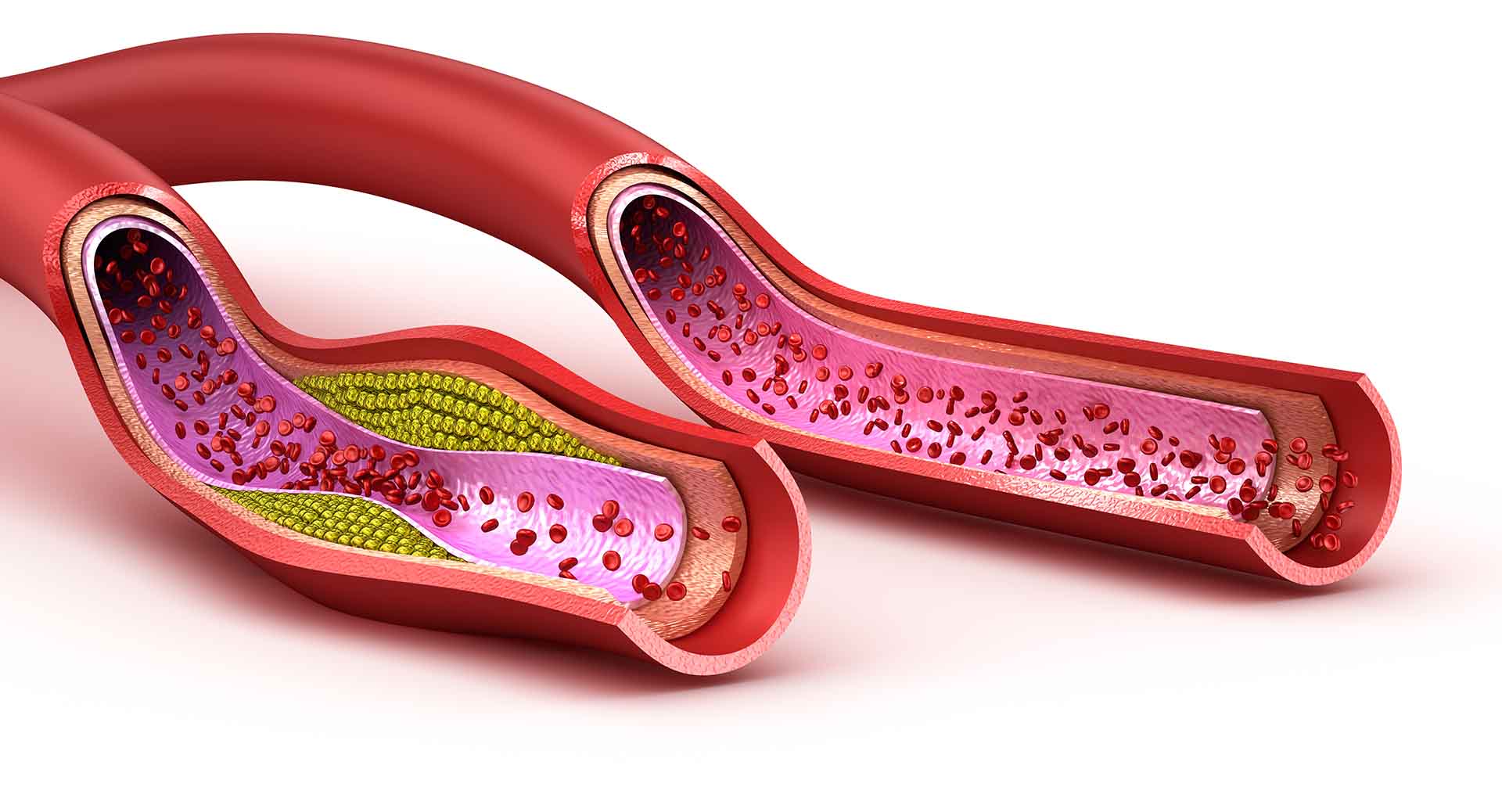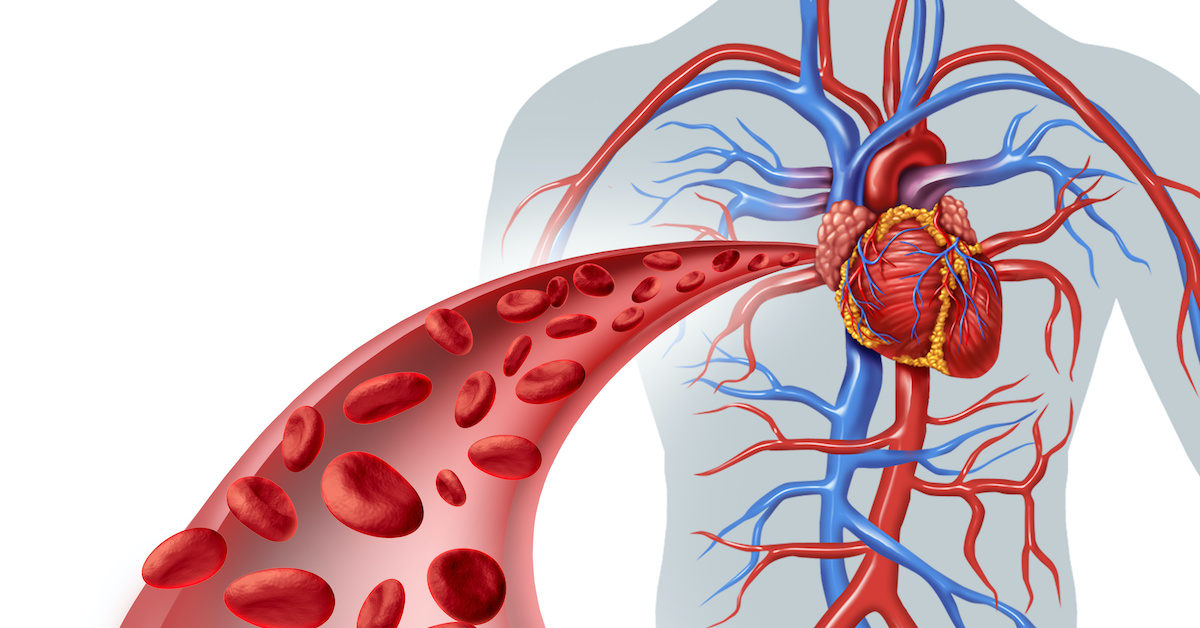Hello and welcome to this post on the benefits of garlic for heart health. Garlic has been used for centuries as a natural remedy for various ailments, and in recent years, it has gained attention for its potential benefits for heart health. In this post, we will discuss six potential benefits of garlic for heart health, including its ability to lower blood pressure and cholesterol levels, prevent blood clots, improve circulation, reduce inflammation, and boost immune function. However, it's important to remember that while garlic can offer health benefits, it should not be used as a replacement for medical treatments or lifestyle changes recommended by a healthcare professional. So, sit back, relax, and let's dive into the benefits of garlic for heart health.
1, Reducing blood pressure.
High blood pressure, also known as hypertension, is a common condition that can increase the risk of heart disease and stroke. The good news is that garlic may offer a natural way to help lower blood pressure. Garlic contains several compounds that are believed to contribute to its blood pressure-lowering effects, including allicin, S-allyl cysteine, and other sulfur compounds.
These compounds have been shown to help relax blood vessels, which in turn can improve blood flow and reduce the pressure on the walls of the arteries. This relaxation of the blood vessels is due to the production of nitric oxide, which is a gas that helps dilate blood vessels and improve blood flow.
A review of several studies has suggested that taking garlic supplements may lead to a modest reduction in blood pressure. In one study, people with uncontrolled high blood pressure who took a daily garlic supplement for 12 weeks saw a significant reduction in their systolic blood pressure (the top number) compared to those who took a placebo.
However, while garlic may offer potential benefits for blood pressure and heart health, it's important to note that it should not be used as a replacement for prescribed medications or lifestyle changes recommended by a healthcare professional. Additionally, more research is needed to fully understand the potential benefits of garlic for blood pressure and heart health.
In summary, garlic may help lower blood pressure by relaxing blood vessels and improving blood flow. If you're interested in trying garlic as a natural way to help manage your blood pressure, it's best to speak with a healthcare professional to determine if it's a safe and effective option for you.
2, Lowering cholesterol levels.
Garlic has been shown to have potential benefits for cholesterol levels, which can have a significant impact on heart health. High levels of LDL cholesterol and triglycerides, combined with low levels of HDL cholesterol, can increase the risk of heart disease and stroke.
Research suggests that garlic can help improve cholesterol levels by reducing the amount of cholesterol produced by the liver and increasing the amount of cholesterol excreted from the body. Additionally, garlic contains sulfur compounds that can help prevent the oxidation of LDL cholesterol, which can contribute to the buildup of plaque in the arteries.
Several studies have investigated the potential cholesterol-lowering effects of garlic, and the results have been promising. For example, a meta-analysis of 39 studies found that taking garlic supplements was associated with a significant reduction in total cholesterol levels, LDL cholesterol levels, and triglycerides.
However, it's important to note that while garlic may offer potential benefits for cholesterol levels, it should not be used as a replacement for prescribed medications or lifestyle changes recommended by a healthcare professional. Additionally, more research is needed to fully understand the potential benefits of garlic for cholesterol levels and heart health.
In summary, garlic may help improve cholesterol levels by reducing the amount of cholesterol produced by the liver and increasing the amount excreted from the body. It may also help prevent the oxidation of LDL cholesterol. If you're interested in trying garlic as a natural way to help manage your cholesterol levels, it's best to speak with a healthcare professional to determine if it's a safe and effective option for you.
3, Preventing blood clots.
Garlic contains compounds that have natural blood-thinning properties, which can help prevent the formation of blood clots in the body. Blood clots can be dangerous because they can block blood flow to the heart or brain, leading to heart attacks and strokes.
One of the compounds in garlic that is believed to have blood-thinning properties is called ajoene. Ajoene has been shown to prevent the formation of blood clots by inhibiting the activity of certain enzymes that promote blood clotting. Additionally, garlic contains compounds like allicin and diallyl trisulfide that can also help prevent blood clot formation.
Several studies have investigated the potential benefits of garlic for preventing blood clots, and the results have been promising. For example, a study of people with a history of heart disease found that taking garlic supplements for six months led to a significant reduction in platelet aggregation (the clumping of blood cells that can lead to clot formation).
However, it's important to note that while garlic may offer potential benefits for preventing blood clots, it should not be used as a replacement for prescribed medications or lifestyle changes recommended by a healthcare professional. Additionally, garlic may interact with certain medications, so it's important to speak with a healthcare professional before using garlic supplements if you're taking any medications.
In summary, garlic may help prevent the formation of blood clots due to its natural blood-thinning properties. If you're interested in trying garlic as a natural way to help prevent blood clots, it's best to speak with a healthcare professional to determine if it's a safe and effective option for you.
4, Improving circulation.
Garlic has been shown to have potential benefits for circulation, which can have a significant impact on heart health. Poor circulation can lead to a variety of health issues, including heart disease, stroke, and peripheral artery disease.
Garlic contains compounds like allicin and diallyl trisulfide that can help improve circulation by promoting the expansion of blood vessels and increasing blood flow throughout the body. Additionally, garlic may help prevent the buildup of plaque in the arteries, which can impede blood flow and contribute to the development of heart disease.
Several studies have investigated the potential benefits of garlic for improving circulation, and the results have been promising. For example, a study of people with peripheral artery disease found that taking garlic supplements for three months led to a significant improvement in walking distance and reduced symptoms like leg pain and cramping.
However, it's important to note that while garlic may offer potential benefits for circulation, it should not be used as a replacement for prescribed medications or lifestyle changes recommended by a healthcare professional. Additionally, more research is needed to fully understand the potential benefits of garlic for circulation and heart health.
In summary, garlic may help improve circulation by promoting blood vessel expansion and increasing blood flow. It may also help prevent the buildup of plaque in the arteries. If you're interested in trying garlic as a natural way to help improve circulation, it's best to speak with a healthcare professional to determine if it's a safe and effective option for you.
5, Reducing inflammation.
Chronic inflammation is a risk factor for a variety of health issues, including heart disease. Inflammation can contribute to the development of heart disease by damaging blood vessels, increasing the buildup of plaque in the arteries, and promoting the formation of blood clots.
Garlic contains compounds like allicin and other sulfur-containing compounds that have been shown to have anti-inflammatory properties. These compounds can help reduce inflammation in the body by inhibiting the activity of certain enzymes and pathways that promote inflammation.
Several studies have investigated the potential benefits of garlic for reducing inflammation, and the results have been promising. For example, a study of people with high levels of inflammation found that taking garlic supplements for six weeks led to a significant reduction in markers of inflammation like C-reactive protein.
However, it's important to note that while garlic may offer potential benefits for reducing inflammation, it should not be used as a replacement for prescribed medications or lifestyle changes recommended by a healthcare professional. Additionally, more research is needed to fully understand the potential benefits of garlic for inflammation and heart health.
In summary, garlic may help reduce inflammation in the body, which can be beneficial for heart health. If you're interested in trying garlic as a natural way to help reduce inflammation, it's best to speak with a healthcare professional to determine if it's a safe and effective option for you.
6, Boosting immune function.
Garlic has been shown to have potential benefits for immune function, which can have a significant impact on overall health and potentially reduce the risk of heart disease.
Garlic contains compounds like allicin, sulfur, and selenium, which have been shown to have immune-boosting properties. These compounds can help stimulate the immune system, which can help the body fight off infections and other health problems that can increase the risk of heart disease.
Several studies have investigated the potential benefits of garlic for immune function, and the results have been promising. For example, a study of healthy adults found that taking a garlic supplement for 12 weeks led to a significant increase in immune cell activity.
However, it's important to note that while garlic may offer potential benefits for immune function, it should not be used as a replacement for prescribed medications or lifestyle changes recommended by a healthcare professional. Additionally, more research is needed to fully understand the potential benefits of garlic for immune function and heart health.
In summary, garlic may help boost immune function, which can be beneficial for overall health and potentially reduce the risk of heart disease. If you're interested in trying garlic as a natural way to help boost your immune system, it's best to speak with a healthcare professional to determine if it's a safe and effective option for you.
In conclusion, garlic can offer several potential benefits for heart health, making it a valuable addition to a heart-healthy diet and lifestyle. However, it's essential to remember that the benefits of garlic may vary from person to person, and it's always best to consult with a healthcare professional before making any significant changes to your diet or lifestyle. If you enjoyed this post and found it informative, please give it a thumbs up and subscribe to our channel for more health-related content. Thank you for watching!.






Comments
Post a Comment